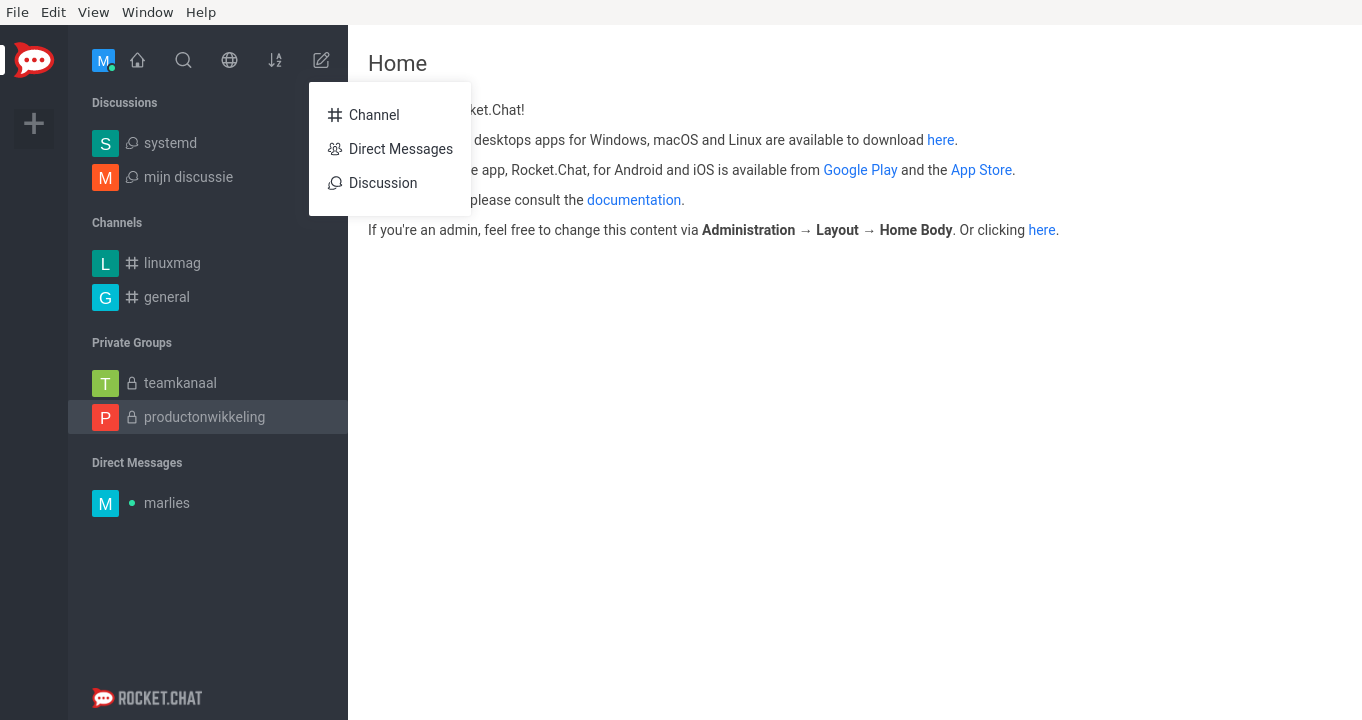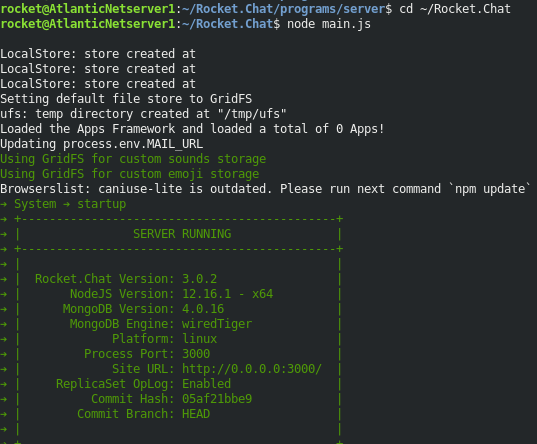

The goal of our work is to mitigate this issue by publishing datasets containing StarCraft II replays and pre-processed data from esports events, classified as “Premiere” and “Major” by Liquipedia ( ) in the timeframe from 2016 until 2022.

Despite the digital nature of esports - which are their greatest asset with respect to data gathering - there seems to be a lack of high-quality pre-processed data published for scientific and practical use. A lower technical overhead and greater data availability for modeling could assist further research 19, 20, 21. Data obtained from esports titles - gathered from high-level tournament performance - may provide a path to improving the quality and reproducibility of research in these fields, owing to the stability of such data relative to that gathered in the wild. Further, previous studies have shown that playing video games can enhance cognitive functioining in a wide range of domains, including perceptual, attentional and spatial ability 17, 18.Īs such, esports provide a platform for studying complex task performance in both humans and complex AI systems. Psychological research on neuroplasticity has also shown the potential of esports and video games in general, such as their propensity for inducing structural brain adaptation 16. Advancements in Artificial Intelligence (AI) and Machine Learning (ML) have shown that Reinforcement Learning (RL) agents are capable of outmatching human players in many different types of games, including esports 12, 13, 14, 15. Regarding academia, esports have been utilized in several fields for diverse purposes.
#Rocket chat python api professional
It is especially relevant to share esports data to assess rapid changes in game design and their impact on professional players in the relatively unstructured nature of esports competition and development 10, 11.

Rule changes in sports come at varying time intervals and frequently with unpredictable effects on their dynamics. New training methods are derived from an ever increasing pool of data and research aimed at generating actionable insights, mostly by applying methods from sport science 4, 5, 6, 7, 8, 9. There are multiple groups of stakeholders involved in the business of esports 3, as well as interest from the academic community.įrom the perspective of sports copmpetition, esports is both in its infancy and at the forefront of using analytics to optimize training and performance. Analysis of the extracted data holds promise for further Artificial Intelligence (AI), Machine Learning (ML), psychological, Human-Computer Interaction (HCI), and sports-related studies in a variety of supervised and self-supervised tasks.Įlectronic sports (esports) are a relatively new and exciting multidisciplinary field of study 1, 2. Our dataset is one of the few large publicly available sources of StarCraft II data upon its publication. We processed 55 “replaypacks” that contained 17930 files with game-state information. Our dataset contains replays from major and premiere StarCraft II tournaments since 2016. These tools include PyTorch and PyTorch Lightning API abstractions to load and model the data. Additionally, we open-sourced and published all the custom tools that were developed in the process of creating our dataset. These files can be used in statistical and machine learning modeling tasks and compared to laboratory-based measurements. Our work aims to open esports to a broader scientific community by supplying raw and pre-processed files from StarCraft II esports tournaments. As a relatively new form of sport, esports offers unparalleled data availability.


 0 kommentar(er)
0 kommentar(er)
